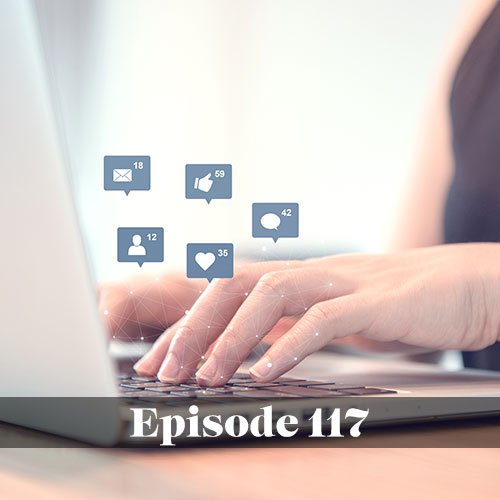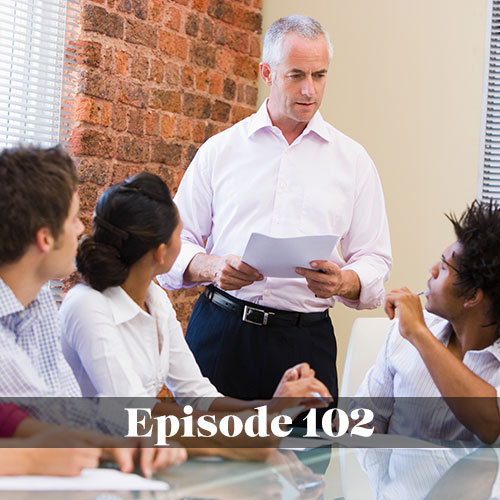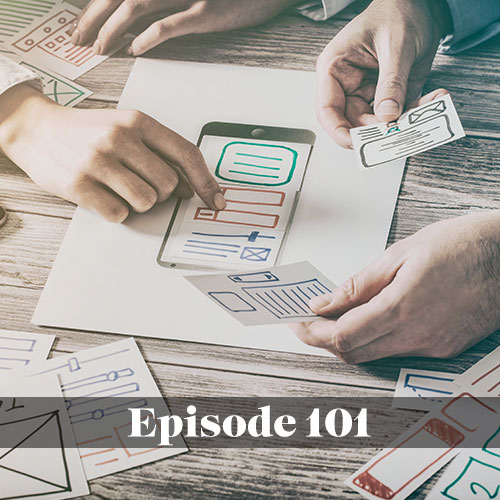In the latest episode of We Love Schools, host Carole Dorn-Bell chats with Mike Davis of Broadnet about the value of virtual town halls for schools.
Broadnet offers Access Live, a way for a superintendent, for example, to have a town hall via the phone.
Davis says they’ve led virtual town halls in close to a dozen countries.
With so many different avenues to reach people these days, Dorn-Bell says, something like Access Live can be very valuable in reaching out to a community.
“The phone, just like snail mail, is not going away,” Dorn-Bell says. “To be able to reach people from their phone is something that’s intimate.”
Davis explains that Broadnet is in the audience engagement space.
“Access Live enables live, moderated conversations really with any number of people,” Davis says. “It can be as few as a couple hundred, or we’ve done one where we had 340,000 people participate in the conversation.”
Davis says that there’s something powerful in being involved in a live conversation, and that users can choose to participate on their preferred device, whether it’s their phone or streaming the conversation through their desktop.
Davis walks Dorn-Bell through the process of an Access Live event, which starts by integrating the Access Live platform into a client’s website. Users can choose to register for an event via a phone number or can choose to stream on the client’s website. Next, the virtual town hall is shared through social media. On the day of the virtual town hall, a number of ways are offered for people to participate in the conversation. People can participate from wherever they are during the town hall.
Dorn-Bell says she sees a lot of value in the fact that Access Live eliminates the geography barrier.
“Some school systems I work with are county-based, sometimes they cover multiple counties, and it’s just so incredibly expensive to mail something to them,” Dorn-Bell says. “But this allows direct and immediate access.”
Davis says that during the event, the host of the conversation has complete and total control of the virtual town hall. Questions can be pre-screened and ranked in the order of relevance.
“It’s a great way to have an integrated conversation,” Davis says. “But yet still give people the ability to speak live.”
At the end of the virtual town hall, Broadnet provides a recording of the event as well as highlights of the virtual town hall. This offers a digital library of content on the client’s website for people who may want to go back to see highlights of the conversation or who weren’t able to participate in the town hall.
Dorn-Bell says that she can already hear listeners concerned about the cost of such a platform, but Davis assures her that the cost is very budget-friendly.
Virtual town halls can be valuable for schools to address hot button topics, such as the opioid crisis. Davis says in the last four months, they’ve held 70 Access Live events specifically around opioid education and awareness. He thinks it could be a powerful way for superintendents to have a conversation with concerned parents about topics such as drug abuse within a school district.
To get more information, visit Broadnet.com or access.live. Davis is excited to share the platform with more schools to help get the conversations going with their communities.






